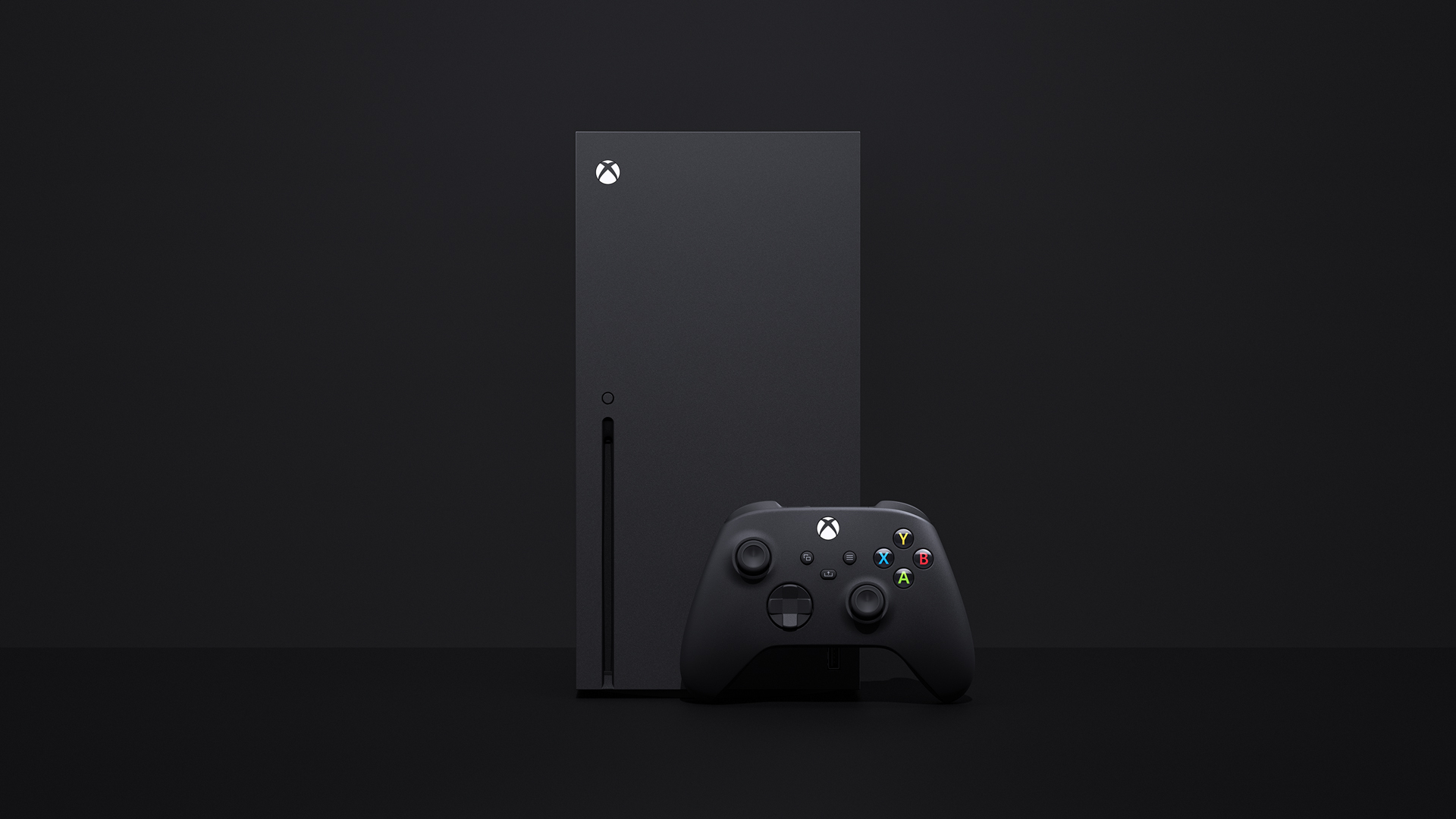
We are beginning to get a better sense of Microsoft's vision for the future of gaming. The Xbox Series X is set to arrive on November 10, 2020, a powerhouse system that Microsoft believes is the most powerful console on the market. But this isn't going to be a generation defined by advancements in graphical fidelity, not if Microsoft has anything to say about it. Instead, the company is putting an increased focus on elements that have, until now, existed on the periphery: compatibility and accessibility.
GamesRadar+ spoke with Jason Ronald, the director of program management for Xbox Series X, to explore Microsoft's commitment to supporting four generations of Xbox games, including its push to enhance backwards compatible titles, ensure that no player gets left behind in the generational divide, and to ensure that is has built a strong foundation for future evolution and innovation.
Setting the direction
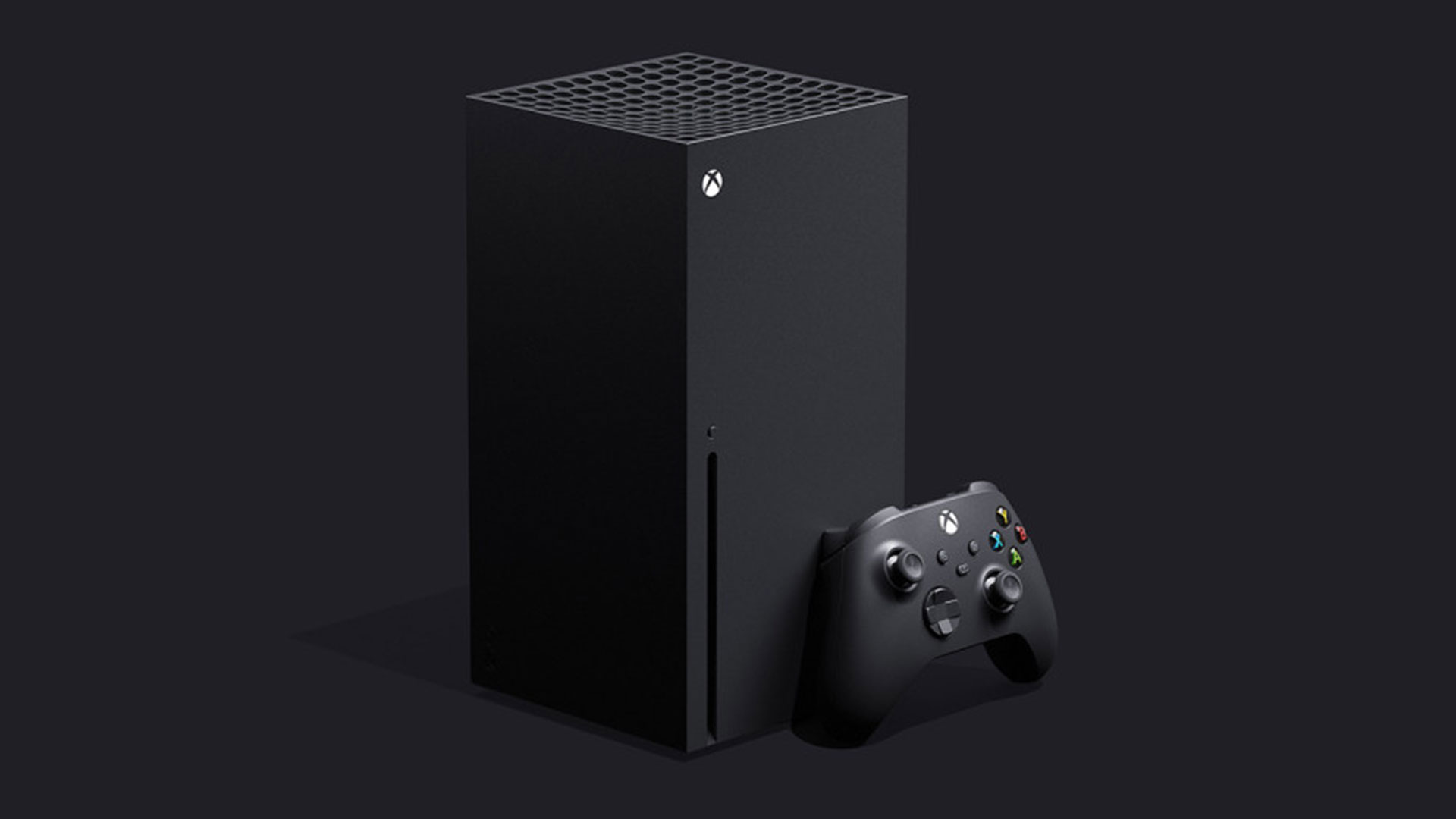
"One of the exciting things about launching a new generation console is you're really setting the direction for the next seven to 10 years of game development. You're going to see entire new classes of games; transformative gameplay experiences that you've never seen before," Ronald explains. Setting the direction for the next decade of game development is no easy task. Microsoft says it's in a position to do this because of the Xbox Series X – what it believes will be the most powerful and compatible next-generation console of all time. "The Xbox Series X delivers a level of performance never before seen in console," Ronald continues. "We're really focused on the perfect balance of power, speed, and compatibility, unlike anything you've seen in prior generations."
The Xbox Series X comes equipped with the technology to back up that assertion too. Inside of the monolithic black box is a custom designed processor including an eight-core ZEN 2 CPU, which is designed to deliver more than four times the processing power of an Xbox One. That CPU arrives alongside a 12 Teraflop custom RDNA 2 GPU, which will push for eight times the performance of the Xbox One. Pair that with high-bandwidth GDDR6 memory, a high-speed 1TB NVME SSD, and a slew of other architectural innovations that few of us will ever truly understand, and suddenly you're looking at a system which could indeed push the frontiers of gaming forward – and in ways that are difficult to even conceptualize right now.
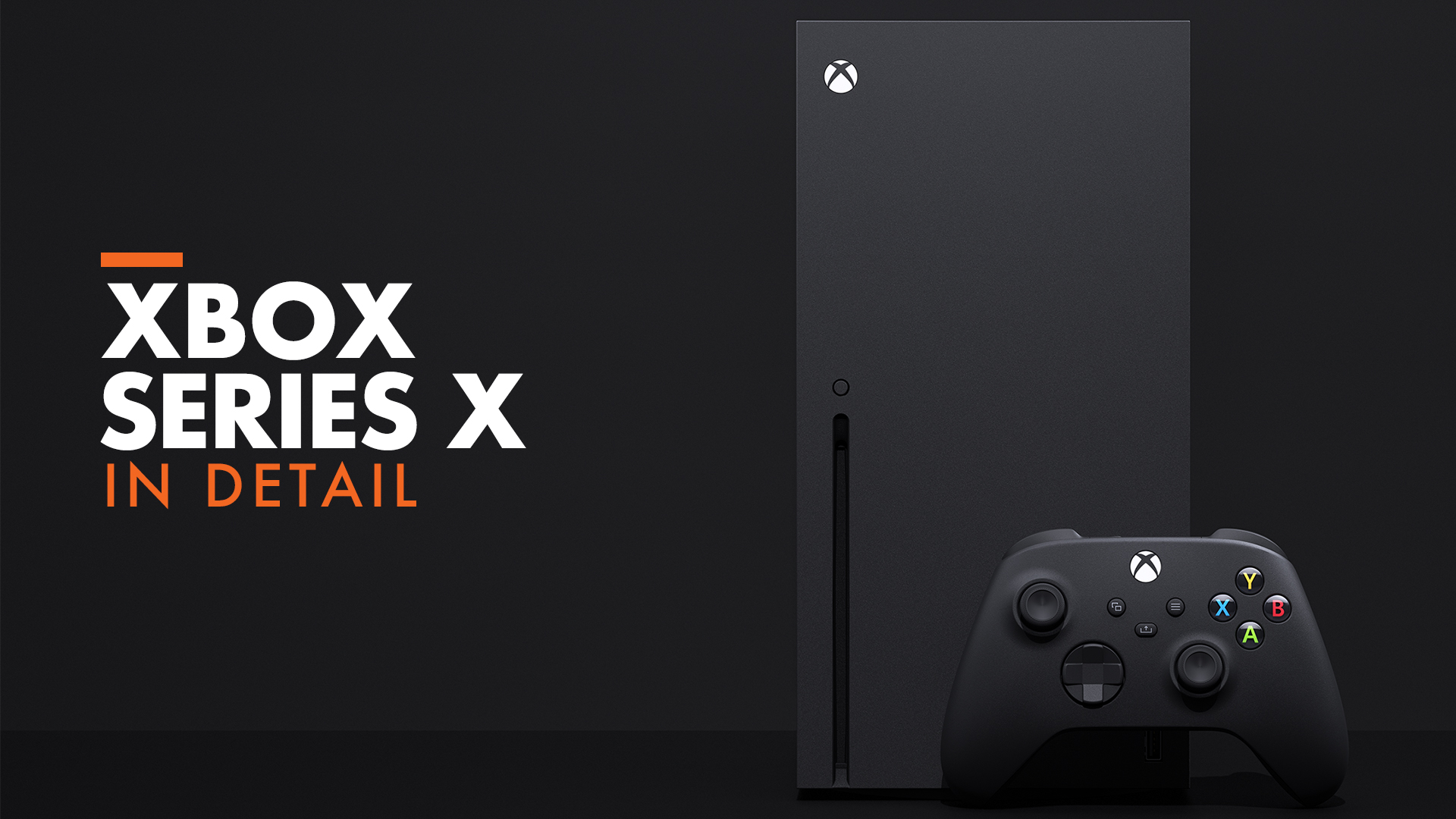
Now that we have our hands on the Xbox Series X, we are putting together the definitive guide to Microsoft's next-generation console. Xbox Series X In Detail has hands-on impressions of the console, original reporting, the latest news, and much more.
While we will get into the power and speed of the system shortly, it's worth focusing on Xbox's commitment to improving compatibility. Ronald tells me that Microsoft wants to break down as many barriers to play as it can with the Xbox Series X. It's blurring the lines between console generations in a way that may look self-defeating, but could ultimately prove to be a domineering feature of the platform in the years to come. "Here at Xbox, when we think about the future of gaming, we're really focused on reaching all gamers, all across the planet," says Ronald, adding, "empowering them to play the games they want, with the people they want, on the devices they want – with the console at the center of the living room experience."
"As we move into this next generation with Xbox Series X, we're really committed to tearing down all the barriers that exist in the ecosystem," says Ronald as he details what that commitment encompasses for Xbox Game Studios. "That includes things like cross-network play, cross-generational play. The fact that your entire game library – your gaming history and your gaming legacy; your progression and your achievements – all move forward with you. And we want to make sure that players can play together, regardless of what device that they choose to play on. We really want to make sure that everybody is able to play, regardless of the device they choose to play on and that they have a great shared experience together."
It's about improving access
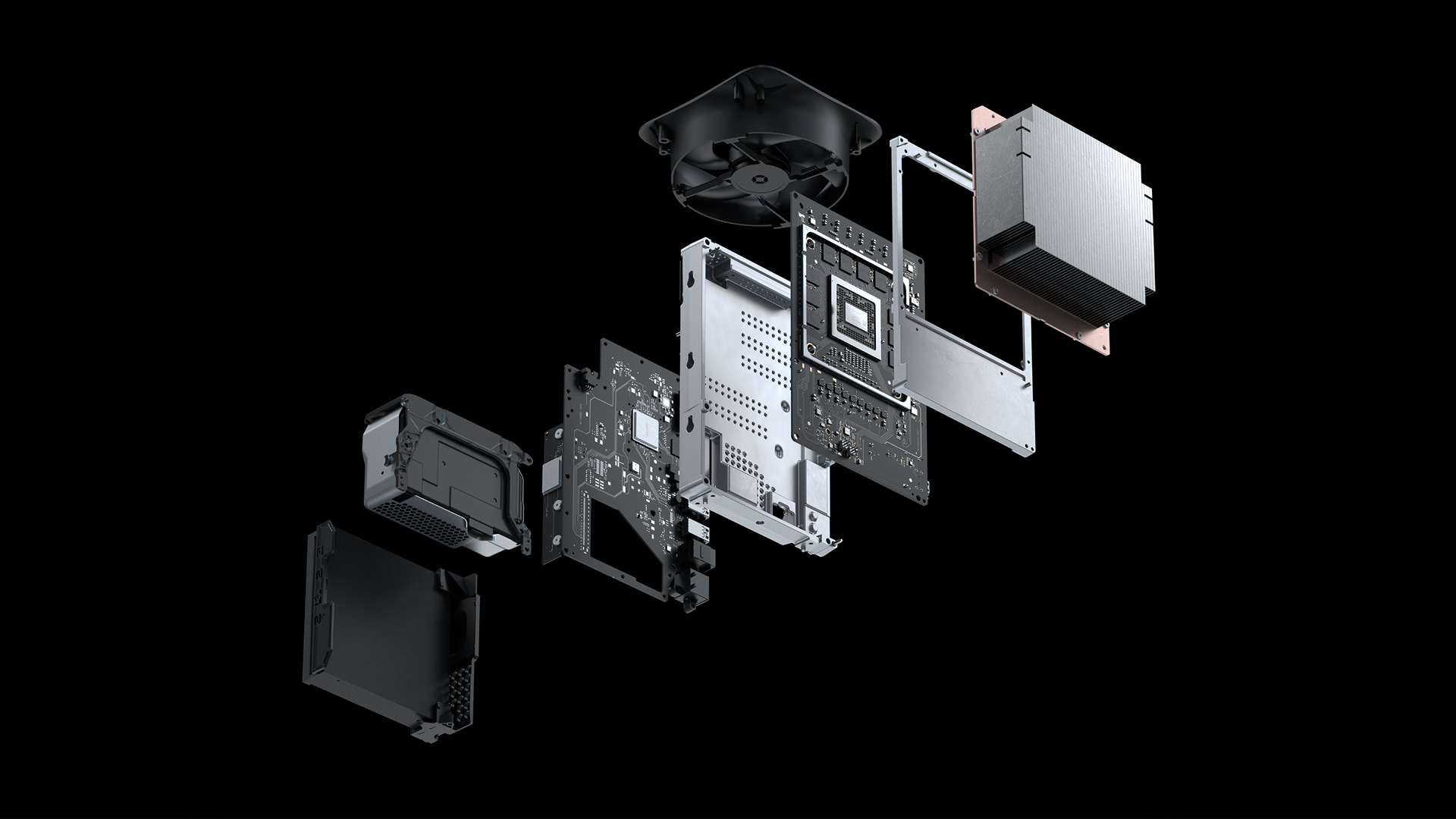
That vision for the future coalesces around access. The Xbox Series X arrives November 10 with a launch lineup that includes thousands of games from across four generations of Xbox. Xbox Game Pass Ultimate support is there from day one, ensuring that subscribers have instant access to over 100 first- and third-party games. The commitment to backwards compatibility also ensures that games will run natively on Xbox Series X hardware, with the power of the next-generation hardware used to enhance graphical fidelity, load times, and stability of your favourite games and the gems hiding in the historic library of titles that you have not yet discovered.
Sign up to the GamesRadar+ Newsletter
Weekly digests, tales from the communities you love, and more
"It's important that games from multiple generations are all playable and play best on Xbox Series X. As gamers, we all have this love of the franchises that we have played over time. We want to make sure that all of these games can move forward with you as you transition into the next-generation," Ronald tells me, speaking to the importance of honouring a player's history with the Xbox platform. He's also speaking to the power of initiatives like Smart Delivery, which ensures that you have the very best version of a game with as little friction as possible, regardless of whether you're playing on the Xbox One family of consoles, Android devices through xCloud, or a brand new Xbox Series S and Xbox Series X.
"We fully believe in this concept of gaming for everyone. And we believe that when everyone can play, everyone wins"
Jason Ronald
Ronald believes that widening the available playerbase, rather than erecting a hard border between generations, will only embolden developers and empower players. "When we think about the future of gaming, it's really about providing more options to both gamers and developers. We've really invested a lot of time and energy in making sure the exact same development tools that developers use on Xbox One are the same tools that they use with Xbox Series X. And, as a developer, what that really enables you to do is to make sure that you have the largest addressable player base, and that players can choose to play together regardless of what device they choose to play on."
"Accessibility is absolutely critical to the future of gaming and our vision as we move forward. We fully believe in this concept of gaming for everyone. And we believe that when everyone can play, everyone wins. So it's really about bringing more people into the ecosystem, making sure that people have a great gaming experience. And we're committed to that in the hardware that we deliver, the software experiences, as well as the games that ship on our platform," Ronald continues, adding, "we believe in the art form of games. And we believe that by empowering players and empowering game developers, we're going to enable experiences unlike anything that you've seen before."
The Power in your hands
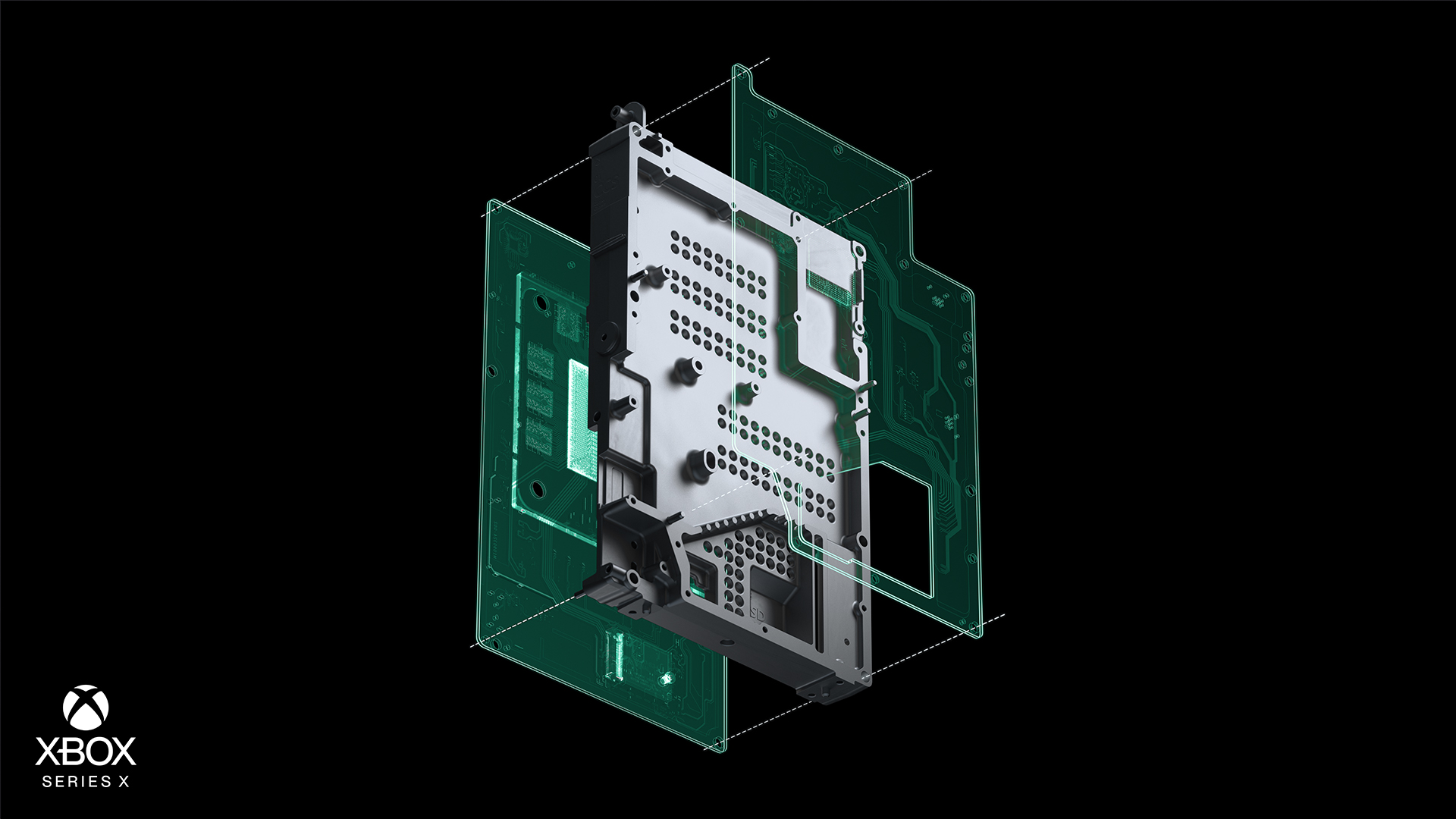
Accessibility and compatibility is important to Microsoft, then, but that isn't the only area the company is focused on as it looks towards the Xbox Series X. Ronald is quick to point out that the power and speed afforded by the technical specifications of this system isn't there to merely enhance the way that next generation Xbox games look, but the way they play and feel too. "With past console generations, the primary focus has been on graphics improvements – and with this next generation we'll continue to see a step change in graphical fidelity. But more importantly, in this generation, is the power that you can feel," says Ronald, before explaining what that means to anybody outside of the Xbox Game Studios ecosystem.
"Internally, we think about this as 'the power you can see as well as the power you can feel'. When we talk about the power you can feel, this really is about changing how games actually play. Things like ultra-high framerates, ultra-low latency input, and how quickly and easily we can get players to jump into the experience with the virtual elimination of loading times. It's more about how games play, and how they feel, than just looking at the graphical advancements alone."
It's difficult to get a sense of this now, particularly with no all-new first-party Xbox Series X games available in the launch window, following the delay of Halo Infinite, but Ronald is quick to assure me that we'll see this mentality reflected in the day one lineup all the same. The importance of the SSD, for example, is described as a "transformative" component to Microsoft's vision of the future of gaming – particularly with respect to enabling features like Quick Resume, lowering load speeds, and enabling better performance across all backwards compatible titles. We will, of course, have to wait for 2021 to see how it impacts brand new Xbox experiences.
"The SSD is the foundation of the Xbox Velocity Architecture, which was a radical reinvention of how game asset streaming works," he tells me. "And what that really does, as a game developer, is it removes all constraints from how you choose to build the game. No longer do you have to funnel players through individual hallways or elevators, you can kind of unshackle a game developer's creativity to create those large living open worlds that players all want to enjoy."
With Xbox One games Optimised for Xbox Series X, we're about to see old favourites enhanced with Auto-HDR, DirectX Raytracing, and 4K resolutions running at up to 120 frames-per-second. In the future, it'll be up to games like Fable 4, Everwild, Senua's Saga: Hellblade 2, and Forza Motorsport to demonstrate how the Xbox Series X can push the boundaries of gaming. For Ronald, when it comes to the future of gaming, it's all about you: "It's really about putting the power in the hands of the player to make sure that they're able to experience those transformative experiences the game developers have created for the Xbox Series X."


Josh West is the Editor-in-Chief of GamesRadar+. He has over 15 years experience in online and print journalism, and holds a BA (Hons) in Journalism and Feature Writing. Prior to starting his current position, Josh has served as GR+'s Features Editor and Deputy Editor of games™ magazine, and has freelanced for numerous publications including 3D Artist, Edge magazine, iCreate, Metal Hammer, Play, Retro Gamer, and SFX. Additionally, he has appeared on the BBC and ITV to provide expert comment, written for Scholastic books, edited a book for Hachette, and worked as the Assistant Producer of the Future Games Show. In his spare time, Josh likes to play bass guitar and video games. Years ago, he was in a few movies and TV shows that you've definitely seen but will never be able to spot him in.


